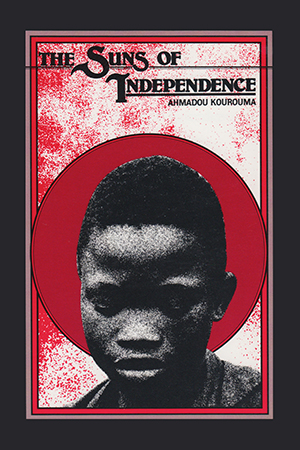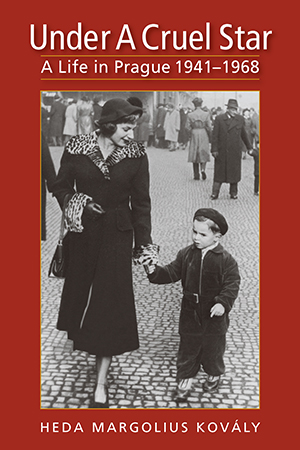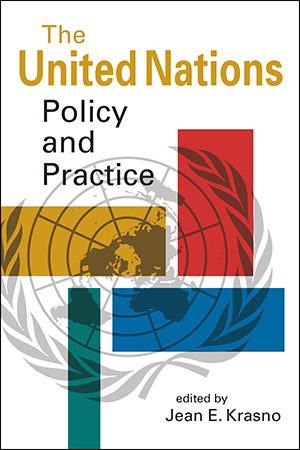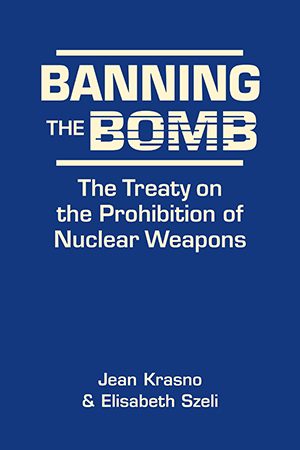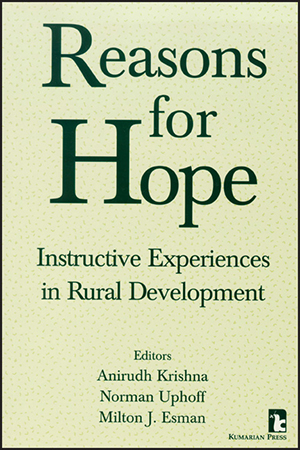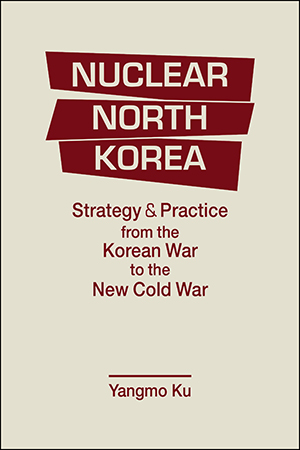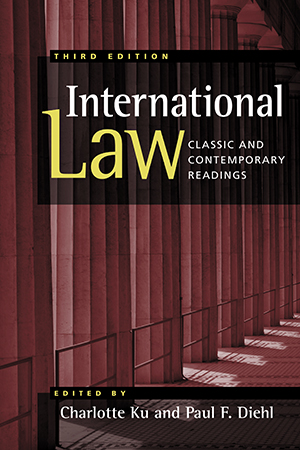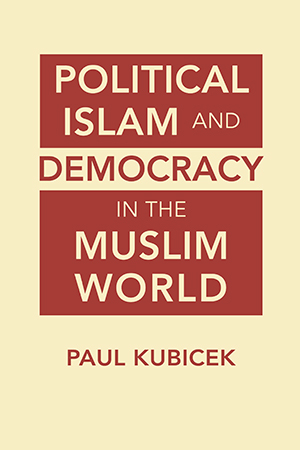BOOKS
A masterpiece of modern African literature, The Suns of Independence brilliantly captures the struggles, desires, and dreams of people in a west African country as they live through the More >
Heda Margolius Kovály (1919–2010) endured both the Nazi death camp at Auschwitz and the brutality of Czechoslovakia's postwar Stalinist government. Her husband, after More >
Sentencing guidelines, adopted by many states in recent decades, are intended to eliminate the impact of bias based on factors ranging from a criminal’s ethnicity or gender to the More >
The thousands of documents in this five-volume set illuminate the complexity and texture of the workings of the United Nations as they trace the activities of Secretary-General Kofi Annan More >
The United Nations has a vast outreach through its many agencies, funds, and programs—but that very fact can make it difficult for "outsiders" to understand. Among the More >
Frustrated by the abrogation of promises by nuclear weapons states to disarm, countries that have foregone nuclear weapons joined forces with key members of civil society in efforts that More >
Eighteen of the world's most exemplary rural development successes from Africa, Asia, and Latin America are presented in the words of their originators and managers. This is a true story More >
Despite crippling economic hardships and intense international pressure, North Korea has managed to become a nuclear nation. What drove the country to so resolutely prioritize the More >
Covering subjects ranging from treaties and dispute resolution to the environment, human rights, and terrorism, this anthology reveals the influence of international law on political More >
Belying assertions of the incompatibility of Islam and democracy, many Muslim-majority countries are now or have been democratic. Paul Kubicek draws on the experiences of those countries to More >



